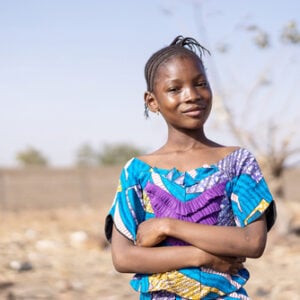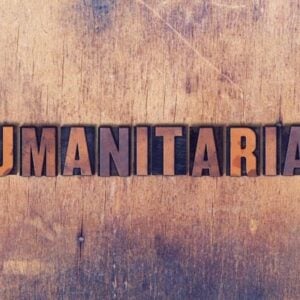In the sun-scorched terrain of Mtakuja Village in Taita Taveta County, Kenya, farming has always been a daunting task. Extreme heat, dry soil, and irregular rains have made agricultural life a constant challenge for local farmers. Amid these hardships, a strong spirit of resilience has emerged, particularly among women like Margaret, a farmer and mother who once struggled to provide food for her family amid repeated crop failures and financial constraints.
Margaret’s situation began to change when she joined a local Friends Women Group and received support through the Integrated Food Security Project, established by the Kenya Red Cross Society. The initiative works with over 1,000 farmers, providing training and support across various agricultural areas, including goat rearing, poultry, apiculture, horticulture, sunflower cultivation, and vegetable farming. For Margaret’s group, the programme provided each member with a female goat and a shared breeding male, which became the cornerstone of a more resilient livelihood.
Through careful breeding, Margaret expanded her herd to eight healthy goats, supplying fresh milk for her family and generating small income by selling surplus milk. Beyond livestock, the programme empowered her with knowledge and community support. She joined a Village Savings and Loan Association (VSLA), learning to save, borrow, and invest wisely, while also applying water conservation techniques to grow kale sustainably in her compound. These efforts increased her productivity and enabled her to manage risks posed by environmental challenges.
Even after a setback earlier this year, when elephants destroyed her kale garden, Margaret demonstrated remarkable determination by replanting and rebuilding her farm. Today, her home reflects her perseverance, with rows of vegetables and goats contributing to both her family’s nutrition and income. Her story exemplifies the broader impact of the Integrated Food Security Project, which has reached around 1,500 farmers in Mtakuja. The programme has promoted livestock farming, solar-powered poultry incubation, and sunflower cultivation, with plans to expand value addition through processing facilities that enhance incomes and community resilience.
Through collective action, training, and the support of initiatives like the Africa Zero Hunger campaign by the International Federation of Red Cross and Red Crescent Societies (IFRC), women farmers in Mtakuja are transforming their communities. They are no longer merely surviving; they are building sustainable livelihoods, securing better futures for their families, and serving as pillars of resilience and progress within their villages.







